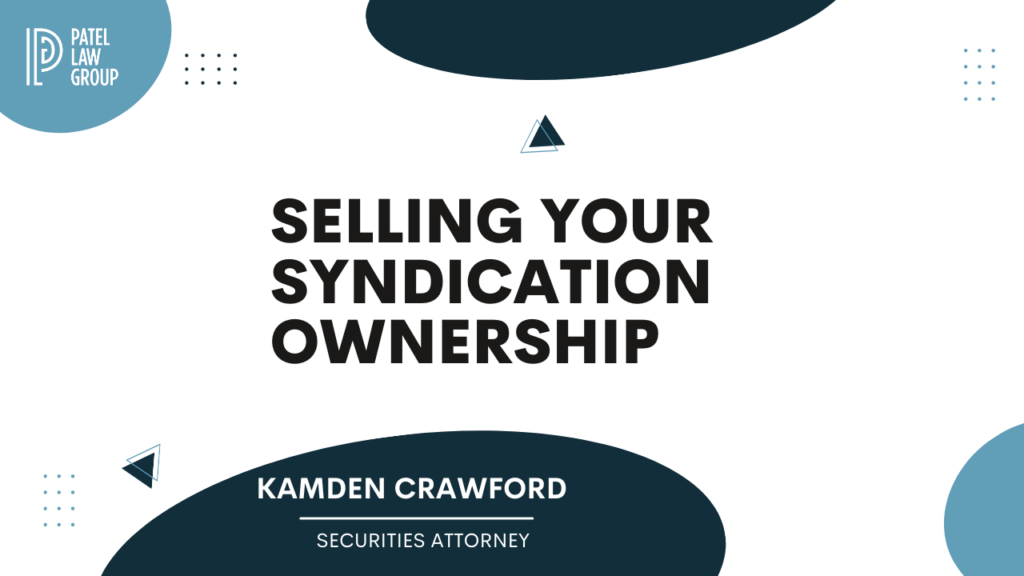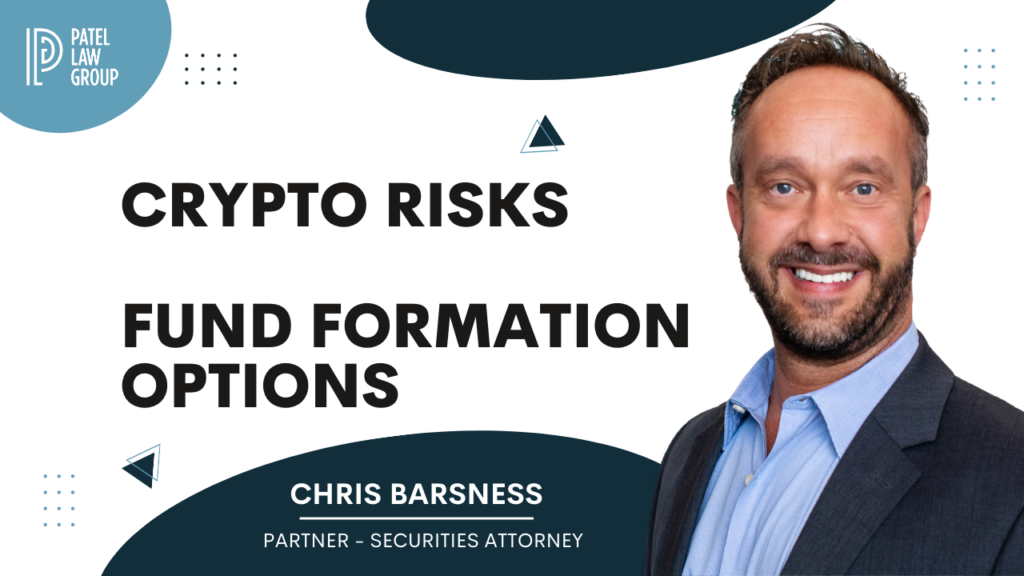There’s quite a bit of confusion around how filing your annual Texas Franchise Tax Public Information Report (“PIR”) with the Texas Comptroller affects your records with the state and control of an entity. The content of the PIR although reflected in the records of the Texas Secretary of State (“SOS”) does not amend the Certificate...
Business Transactions Blog
Feb82024

Effective January 1, 2024, the Corporate Transparency Act (“CTA”) has come into force, bringing with it substantial reporting obligations on small businesses. Given the stringent reporting obligations, tight reporting deadlines, and steep penalties associated with noncompliance, it is critical to be well informed about the new law and take the necessary steps to adhere to...
Jan292024
The Mortgage Bankers Association estimates that nearly $1 trillion in multifamily CRE debt will mature by 2027. An historically large number of multifamily debt maturities is on the horizon, leading many borrowers seeking to extend time on their current loans waiting for better interest rates and loan terms, rather than refinancing their property at a...
Oct182023
Something new I’ve been encountering, as buyers find ways to avoid banks and other traditional lenders, is the “contract for deed” also known as an “installment land contract” or “bond for deed”. A contract for deed is another method of seller financing. In this setup, the seller and buyer enter into a contract for deed...
Fannie Mae’s Green Rewards program incentivizes borrowers to undertake energy and water efficiency improvements at multifamily properties. The program is available nationwide to both conventional and affordable multifamily property loans, with a term between 5 to 30 years, and helps to lower property utility costs while increasing loan proceeds made available to borrowers. Additionally, owners...
In this video, I go over some of the common areas to look into when looking for a securities lawyer. You want someone specialized so I give you some insight into what I would look for if I were to go out and hire a lawyer to help with a capital raise, securities offering, syndication,...

YOU INVESTED IN A PRIVATE OFFERING AND WANT TO SELL YOUR INTEREST – WHAT DO YOU DO? For all private offerings, restricted and/or controlled securities are issued, thus inhibiting the ability for investors to sell or transfer their interest. For securities purchased in a Regulation D offering, the interest is considered “restricted” and cannot be...

In this video, securities attorney Chris Barsness discusses the current SEC enforcement position on crypto as a security and ways to start a crypto fund....